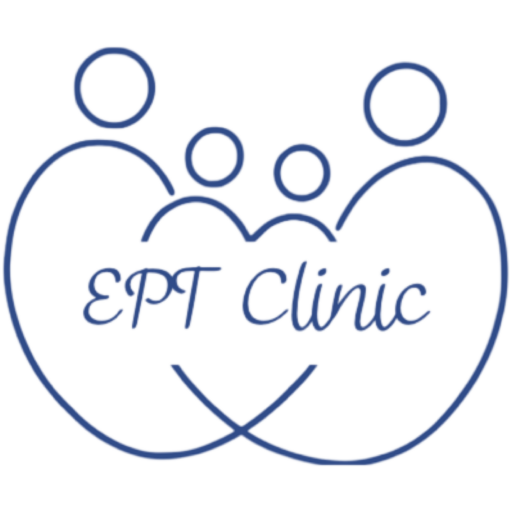Welcome to EPT Clinic's Assessment Pathway
You don't have to walk this path alone.
♾️
We offer Psychology and Multidisciplinary Team Assessments for Autism, ADHD, Dyslexia, Anxiety, Speech, Language, Depression, Trauma (optional) and More. These assessments are part of our Neurodevelopmental Assessment and Therapeutic Pathway – offering clarity, compassion and a way forward.
About Our Assessments
Level 1 Social Emotional Regulation Assessment (SERA)
For children 2-17 years who are struggling to cope – and parents who are trying to understand why.
🌿
SERA is the starting point for families who are noticing emotional outbursts, delay, school refusal, anxiety, withdrawal, socialising or sensory concerns or frequent overwhelm – but aren’t sure what’s really going on.
This assessment looks beneath the behaviours to figure out what your child’s brain and body needs to feel more calm and engaged. It provides a profile of a child’s strengths and needs.
You will get a clear roadmap forward, to reduce stress and support your child in a way that works for them.
- Ideal when you’re unsure if a diagnosis is needed.
- Helps schools and families support young people.
- Includes a full clinical report with recommended next steps.
What does it help with?
- Emotional challenges like anxiety or frustration.
- Social needs, such as managing friendships or learning confidence and authenticity during interactions.
- Managing self-regulation in challenging situations.
- It is the first step on our diagnostic pathway (the level 2 assessment is required to complete the full diagnostic pathway for autism, ADHD, dyslexia and dyspraxia).
This assessment may also be recommended for families to review and track progress following an earlier assessment, ensuring we capture the most up-to-date and relevant information to guide next steps.
Level 2 Autism ADHD Neurodevelopmental Team Assessment
For children 2-17 years who may be neurodivergent and need neurotype identification/diagnosis.
This neurodevelopmental assessment is designed to explore development in all areas — thinking, communicating, processing information, moving, focusing, connecting, learning, and regulating. Our team works together to provide an accurate, respectful, and neurodiversity – affirming picture of each young person’s unique brain-body profile.
We use a Neurodevelopmental Assessment SystemTM (NAS), which aligns with international professional practice guidelines, accepted by the HSE, NHS and the Department of Education. The NAS identifies young people who may be autistic, ADHD, dyslexic, dyspraxic, anxious, depressed or who present with complex, overlapping needs (e.g. trauma or developmental trauma).
This is more than a diagnostic process — it’s a turning point.
What does it help with?
- Identifying/diagnosing autism, ADHD, sensory, speech, language, motor, communication or learning needs.
- Supporting learning and developmental progress.
- Creating detailed plans for school and home success.
Families will begin with a Level 1 Assessment. Some families will progress to Level 2.
If you need assistance or have any questions, please email us on info@eptclinic.ie, or ring 056-7771383.Quality Assurance Standard: CE Marking Statement for SERA
By affixing the CE marking, EPT Clinic Ltd declares that our Social Emotional Regulation Assessment (SERA) meets all applicable safety, quality, and performance requirements under EU law.
This certification confirms that SERA may be used and distributed within the European Economic Area (EEA) and reflects our commitment to maintaining the highest standards of clinical reliability, data protection, and user safety.
SERA is also undergoing application for qualification as a Class I medical device software in accordance with the European Union Medical Device Regulation (EU) 2017/745.

Why Choose EPT Clinic?
Tailored Assessments
Clear pathway – Level 1 and Level 2 designed to support young people’s unique needs and preferences.
Specialist Team
Our team specialises in understanding neurodevelopmental, mental health and sensory needs.
Actionable Plans
Every assessment includes a clear, personalised plan for home and school.
We’re here to help you find a path forward.
🧭
We are a team of neurodiversity clinical specialists. Through our Assessment and Therapeutic Pathway, we offer two types of assessments/identifications that help families move from confusion to clarity, and from overwhelm to a personalised plan.
Our team includes psychologists, psychotherapists, occupational therapists, and speech and language therapists.
We believe in a humanistic approach, because every young person is doing their best with the nervous system, environment, and support that they have.
No judgement – Just listening, careful thinking, and practical guidance you can trust.

Working in Partnership with:


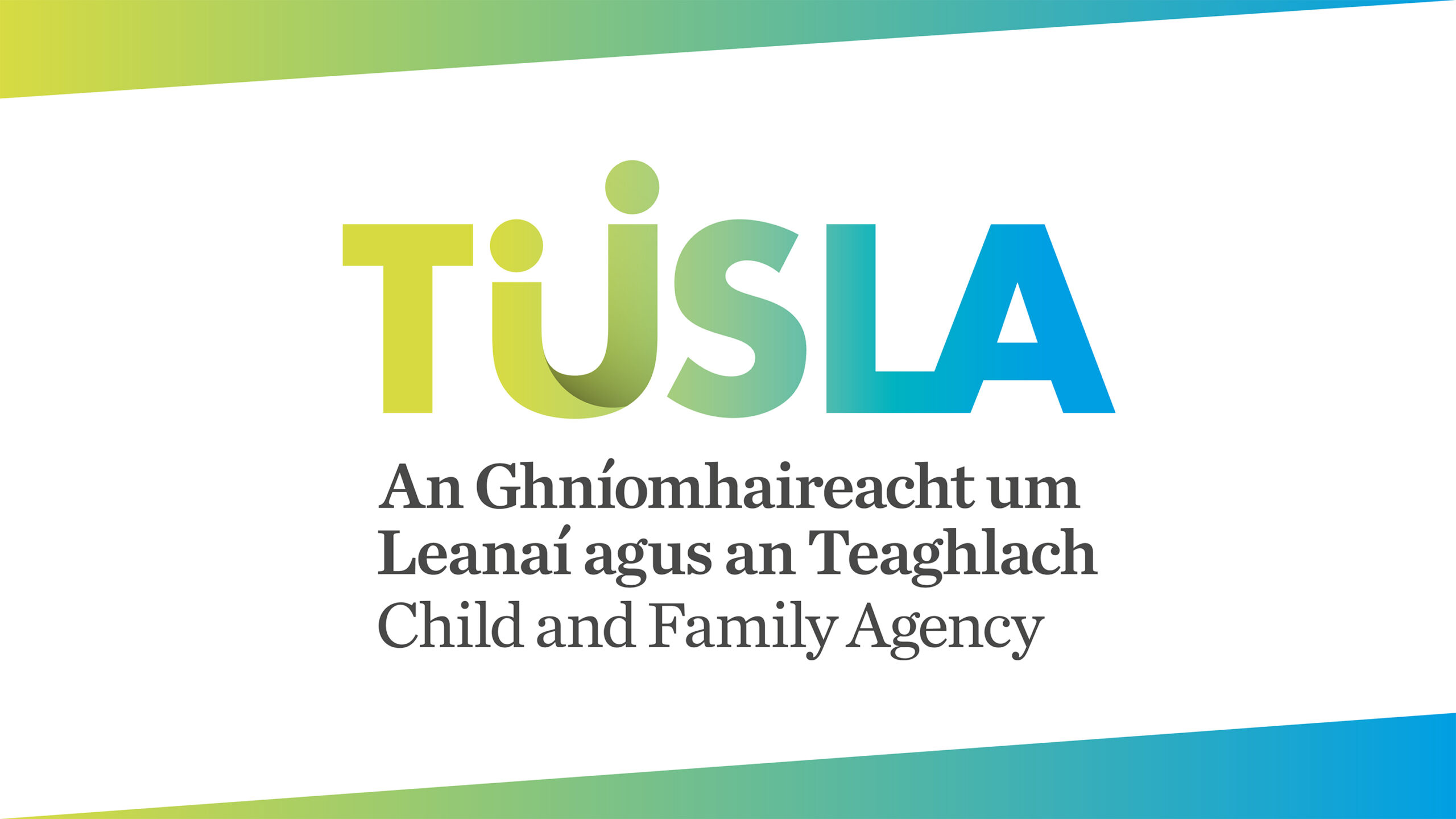
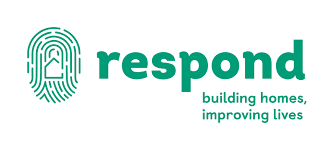
Research & Conference Collaborations:
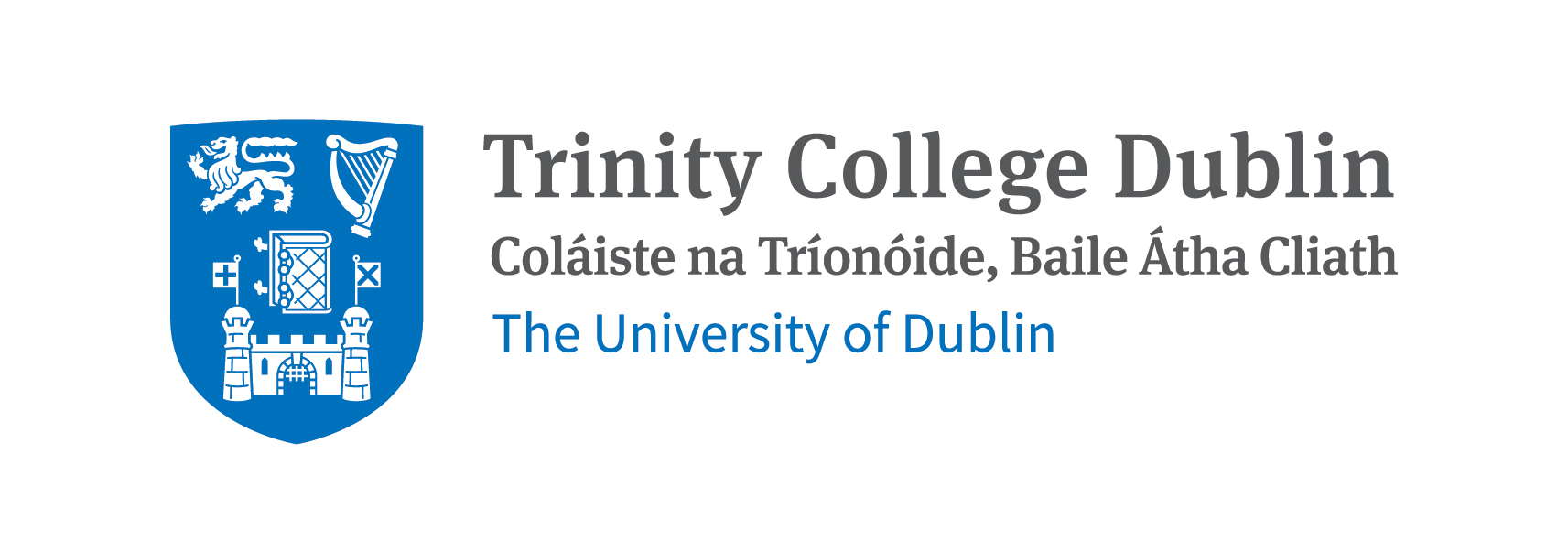

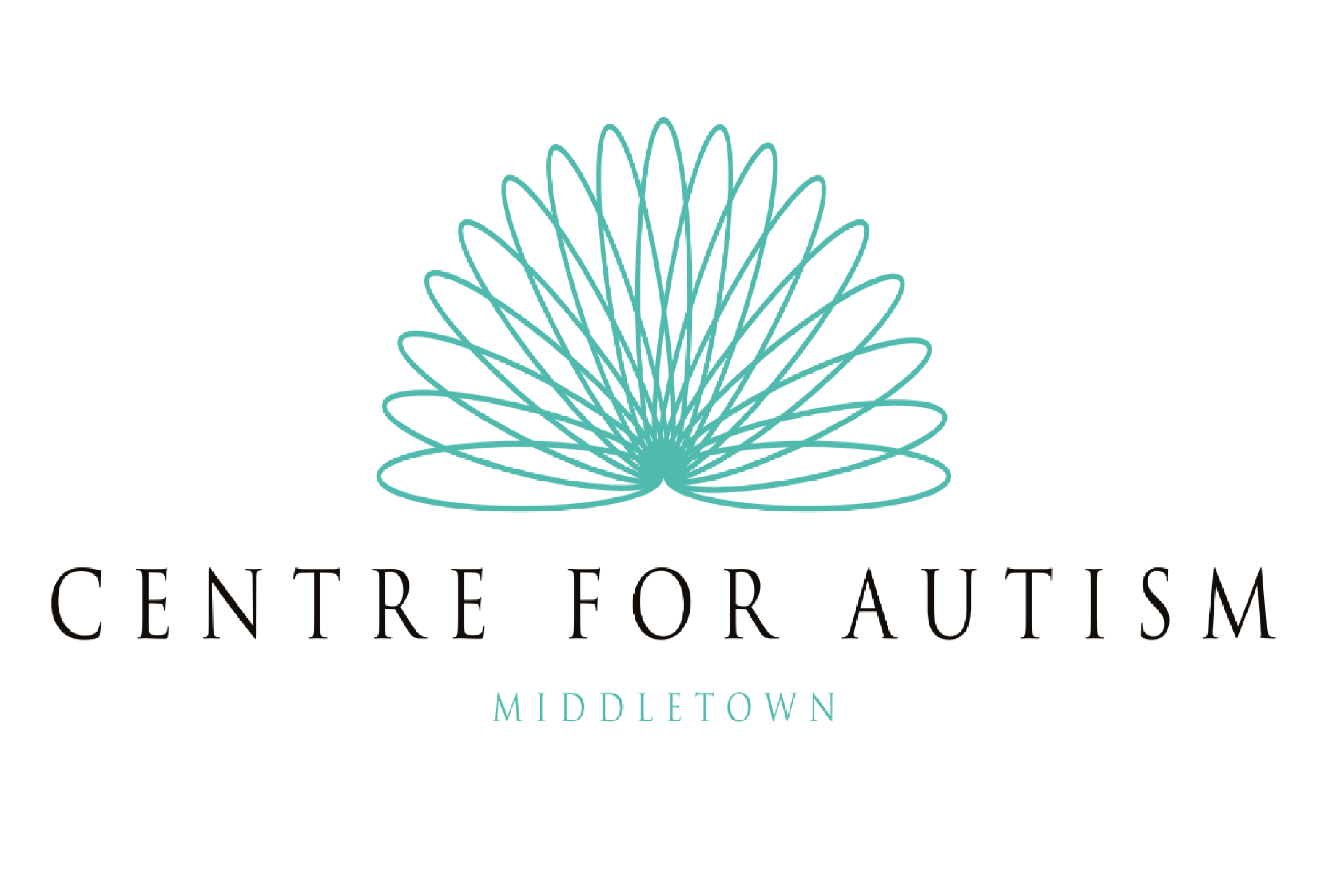
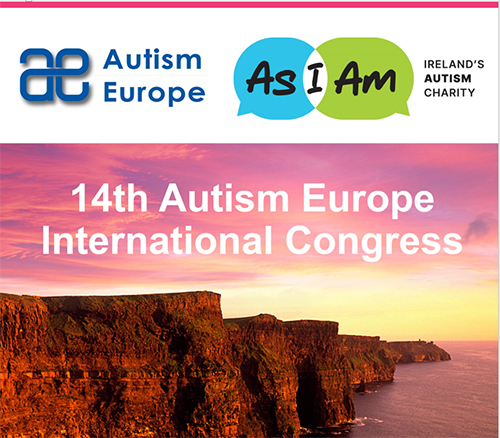

Every child deserves to be seen clearly...
And every parent deserves a guide they can trust.
We know this journey can feel lonely and uncertain. But you don’t have to keep guessing, or doing it all on your own. Our team is here to walk alongside you — to listen carefully, assess holistically, and help you move forward with renewed clarity and hope.
This is not about “fixing” your child.
It’s about understanding them — and supporting them to thrive.
